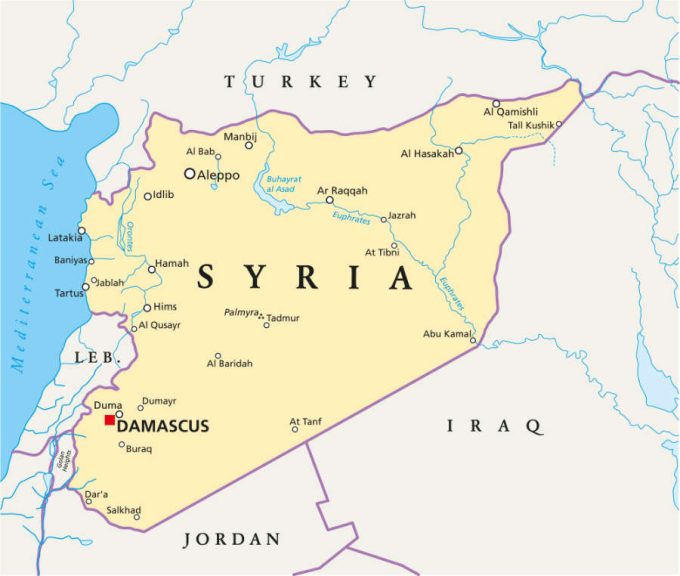The Russian President, Vladimir Putin, has been holding talks in the Kremlin with Ahmed al-Sharaa, the President of Syria, who is in Russia on a working visit.
While Russia was close to the previous Assad regime, relations between Moscow and Damascus have always been friendly, Putin told al-Sharaa. He said that in its relations with Damascus, Moscow has always been guided by the interests of the Syrian people.
Putin stated that “Russia and Syria have always had friendly and strong relations. Our countries have developed special relations over many decades. We have maintained diplomatic relations for over 80 years, and they were established during the most difficult times for Russia and the Soviet Union, in 1944. During this time, relations between Syria and Russia have always been exceptionally friendly. Moscow has always been guided by the interests of the Syrian people in its relations with Damascus. Russia has never let our relations with Syria be influenced by our political situation or special interests. Throughout all these decades, we have always been guided by one thing—the interests of the Syrian people.”

Syrians studying in Russia will contribute to the development of Syria’s statehood, with over 4,000 Syrian students studying at higher educational institutions in Russia. Putin said, “We genuinely hope that they will make a significant contribution to the development and strengthening of Syrian statehood in the future.”
He added that “Although Syria is currently going through difficult times, the Syrian parliamentary elections will strengthen ties and interaction between all the political forces. The victory of the pro-presidential forces in Syria is a great success and a step towards consolidating society.”
Issues surrounding Russia’s military presence in Syria were also discussed, including the possible reformatting of the functionality of Russian military facilities. Russian Foreign Ministry Spokeswoman Maria Zakharova said that “Our bilateral agenda with Syria covers a wide range of issues of Russian-Syrian cooperation. Issues surrounding our military presence in the Syrian Arab Republic are also being discussed, including in the context of a possible reformatting of the functionality of Russian military facilities. We have said everything we could on this subject. The dialogue, including through the military agencies of the two countries, will continue.” Russia uses the Syrian port of Tartus as a naval base and currently has warships stationed there.
Due to the Syrian conflict, bilateral trade has been minimal in recent years but can cautiously be expected to recover. Syria is a member of the Middle Eastern GAFTA free trade agreement and has other trade agreements with Turkiye, Iran, and Russia.
Russia’s oil and gas sector has significant investments in Syria, as well as large-scale investments in critical infrastructure, including the reconstruction of Tartus port, the modernization of Syrian fertilizer production, and the restoration of several oil and gas fields and refining plants. Moscow also invested heavily in the country following the Western-backed ‘Arab Spring,’ which was intended to depose Assad in 2011. Russia has a further 40 investment projects within Syria, in sectors that are pivotal for the country’s reconstruction, including energy, transportation infrastructure, housing, and industrial development.
Syria has a population of 25 million, with another 7 million refugees overseas, of which half are in Turkiye. These are likely to be encouraged to return. The current Syrian GDP (PPP) is estimated at just US$10 billion, far below its potential and hugely impacted by sanctions. The per capita income (PPP) is also low at about US$750. In July 2024, the Russian trade representative in Syria, Georgy Asatryan, said that the volume of bilateral trade with Russia is less than $650 million, and the parties intend to increase it.
There have been some positive signs in bilateral relations—a specialist Russian printing house recently won the contract to produce Syria’s new banknotes.
The recent bilateral political dynamics have been cautiously positive; however, the political and security situation in Syria remains intense as the country needs to stabilize and then recover its economy. With Syria’s oil reserves a magnet, especially for Europe, Russia faces competition to maintain and develop its earlier investments in the Syrian energy sector.
Further Reading
Russia Proposes Re-Launch of the Russia-Syria Intergovernmental Commission
Continue Reading





 Русский
Русский









